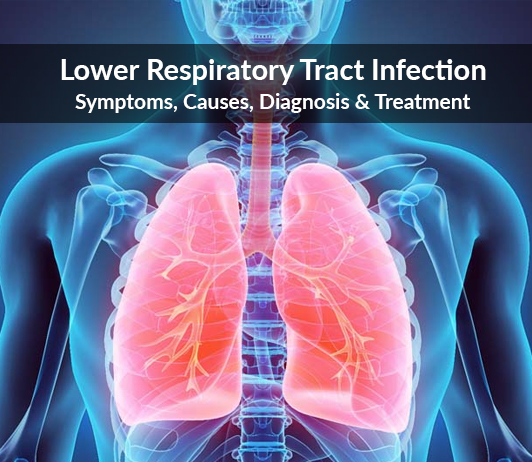
ACUTE LOWER RESPIRATORY TRACT INFECTIONS
Acute lower respiratory tract infections (ALRI) continues to be the leading cause of acute illnesses worldwide, includes bronchitis, bronchiolitis, and both bronchopneumonia and lobar pneumonia. If inappropriately treated, severe pneumonia is fatal in 10–20% of people. Prompt recognition and treatment are lifesaving.
Children under 5 years, the elderly and the immunocompromised such as patients infected with human immunodeficiency virus (HIV) are particularly susceptible
Symptoms(Ranges from mild to severe)
- Cough or difficult breathing,
- fast breathing or convulsions
- lack of general danger signs ( no indication of inability to drink or breast feed, vomiting all ingested food, convulsions, lethargy, unconsciousness, chest indrawing or stridor)
- Fever or lower body temperatures
- Movement only when stimulated
- No movement at all
Infectious Agents
Bacterial agents account for approximately 30% of ALRI; the most common are Streptococcus pneumoniae and Haemophilus influenzae. Common viral agents include respiratory syncytial viruses (RSV), adenovirus, parainfluenza virus, rhinovirus, influenza virus and metapneumovirus. Other causes of pneumonia include Staphylococcus aureus, Mycoplasma pneumoniae and Gram-negative organisms.
Mode of transmission
Transmission is through droplets (i.e. airborne), oral contact, or body contact with items freshly soiled with respiratory secretions.
Prevention
Efforts must be made to increase early diagnosis and treatment with efficacious antibiotics. This can be achieved through raising community awareness, health education about early danger signs, mobile clinic development and health-care worker training. In children, early recognition and appropriate treatment of cases are most important. Adequate nutrition is important. Cotrimoxazole prophylaxis should be used to prevent HIV-related infections in adults and children (5).Also, adequate hygiene, hand-washing and household ventilation should be promoted
References
- Integrated management of childhood illness (IMCI). Geneva, World Health Organization (WHO)/ United Nations Children’s Fund (UNICEF), 2008 Child Health and Development (who.int)
- IMCI Complementary course on HIV/AIDS. Geneva, WHO/UNICEF, 2006 Integrated Management of Childhood Illness: Complementary course on HIV/AIDS (who.int)
Further reading
World Health Organization Statistical Information System [WHOSIS], Mortality profiles. Geneva, WHO, 2009 MDB (who.int)
